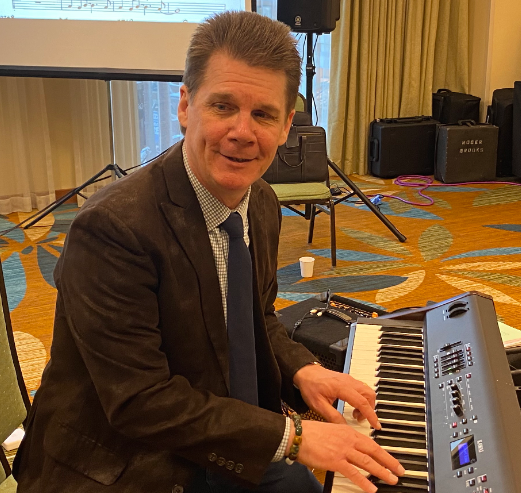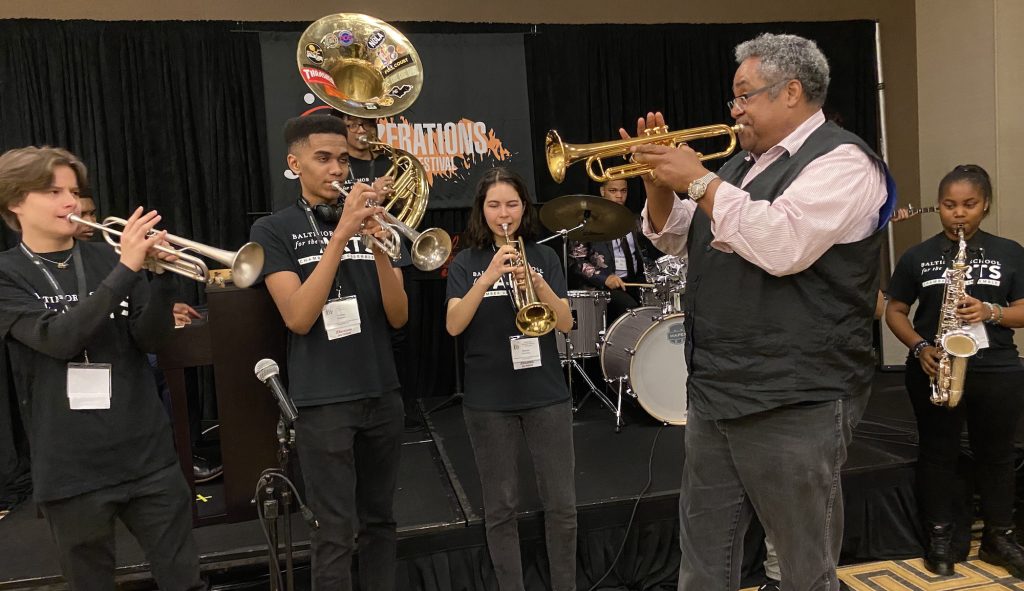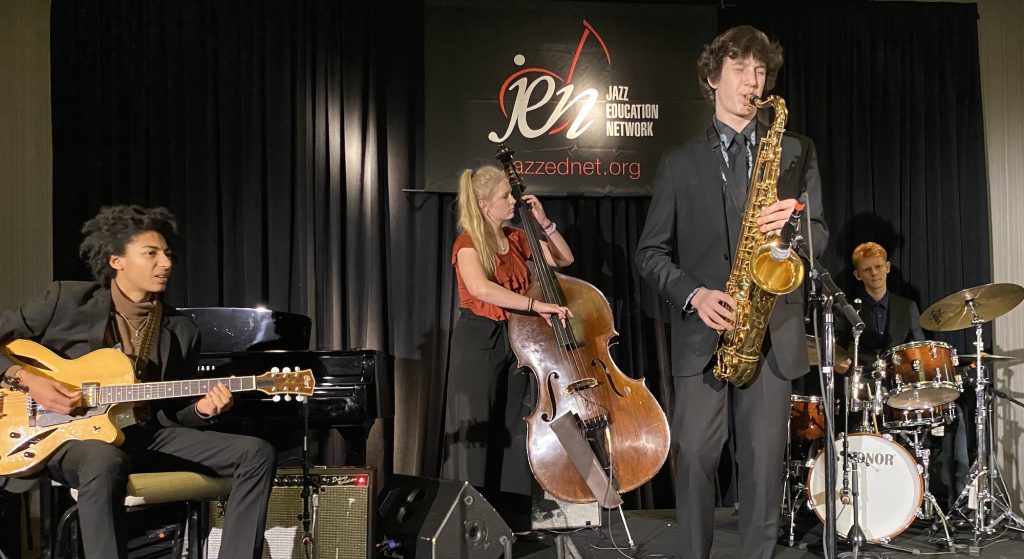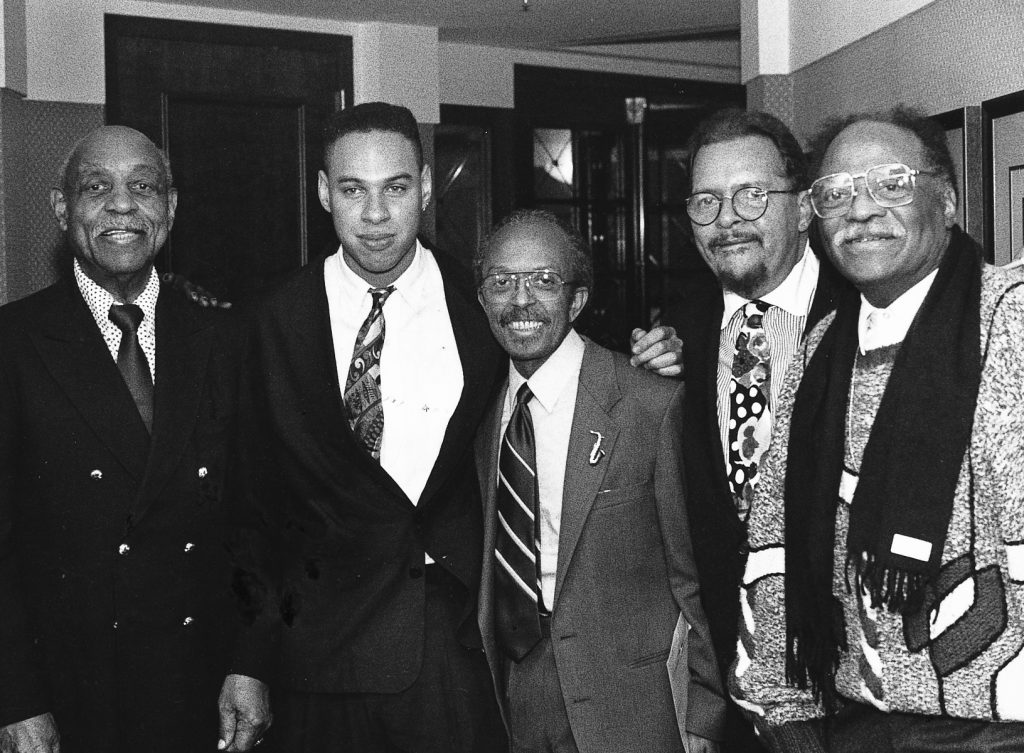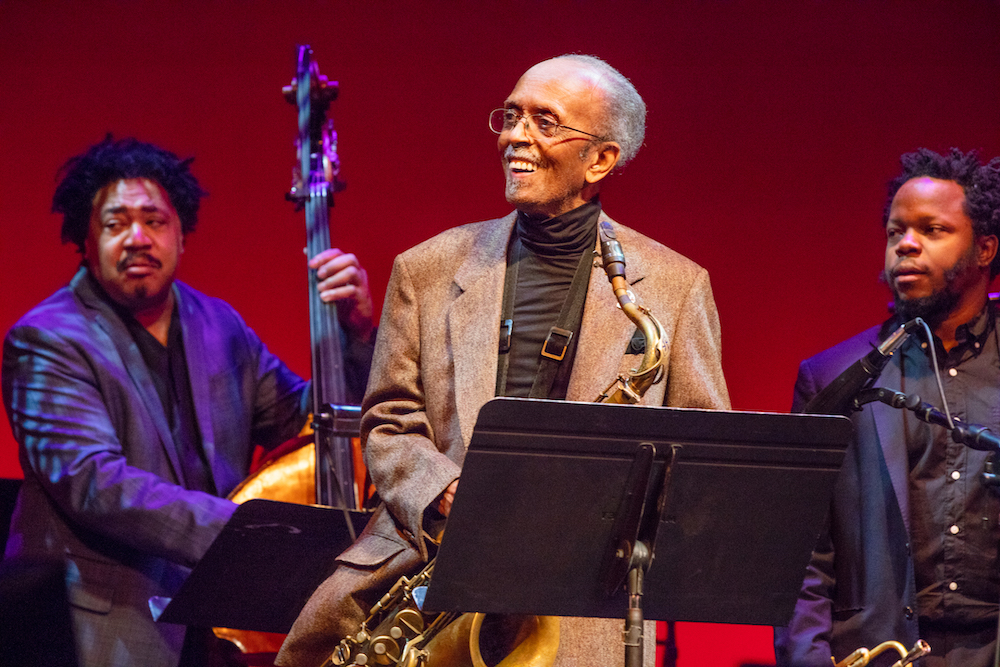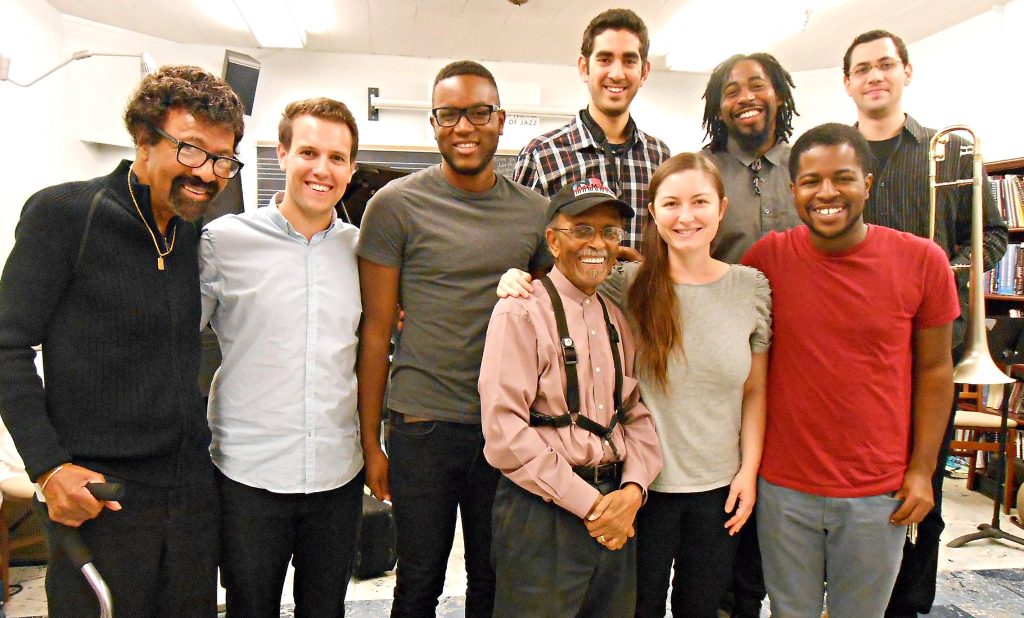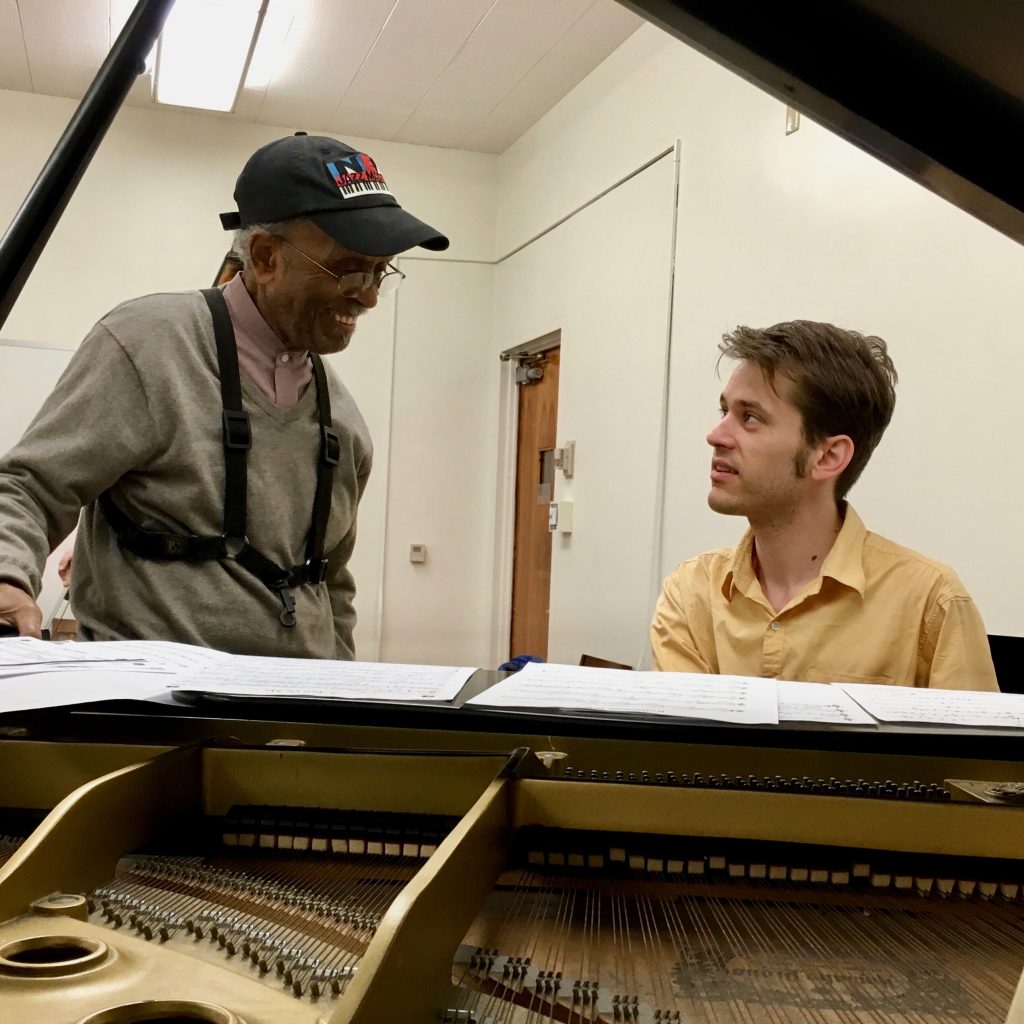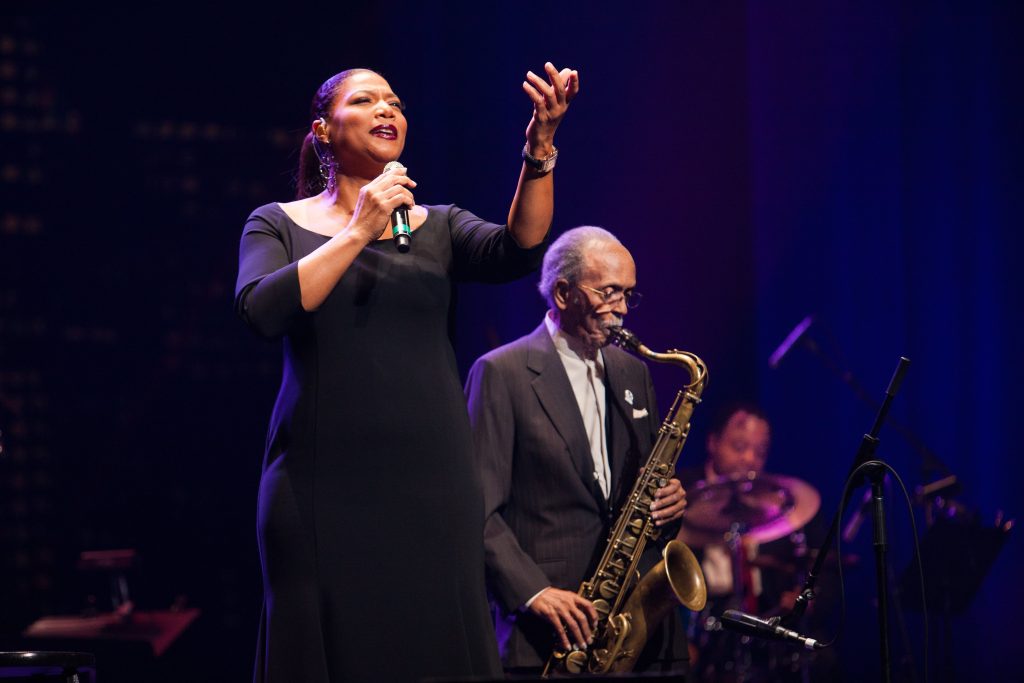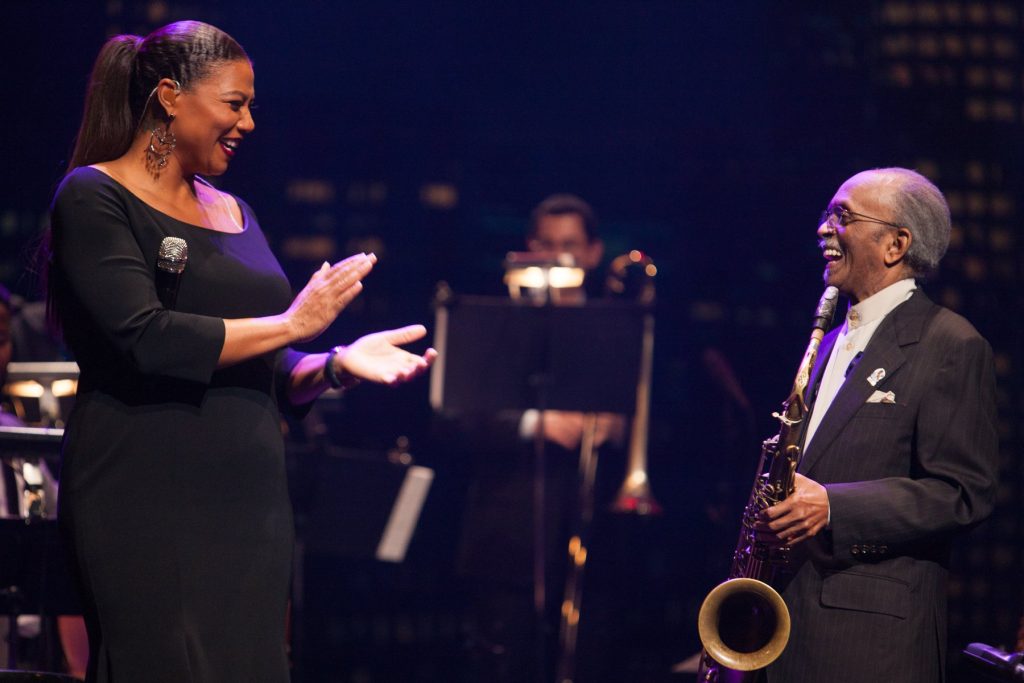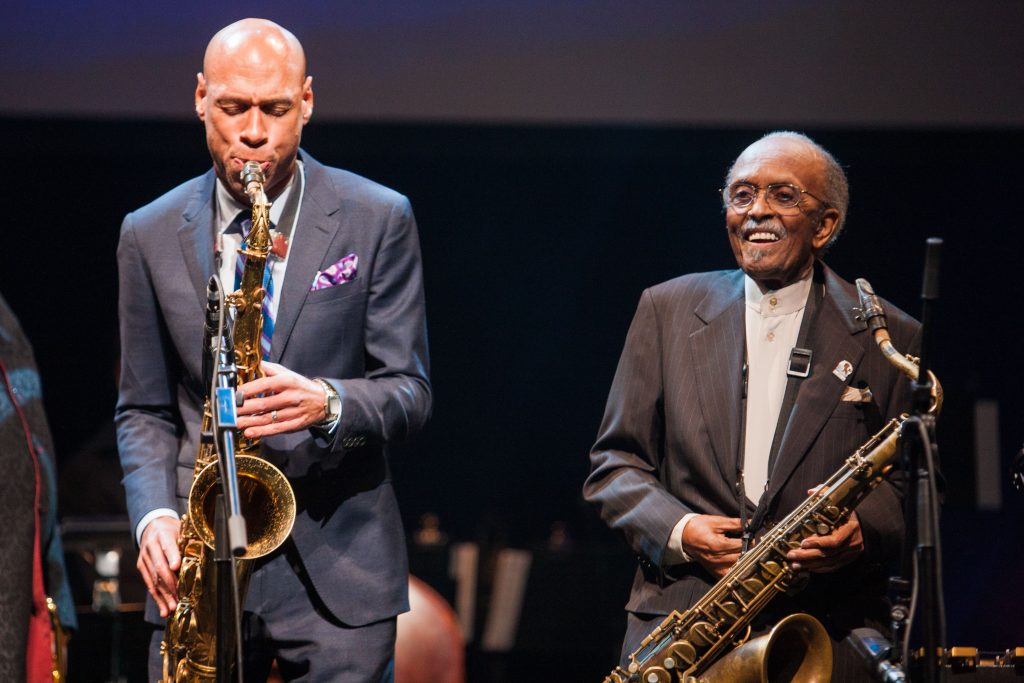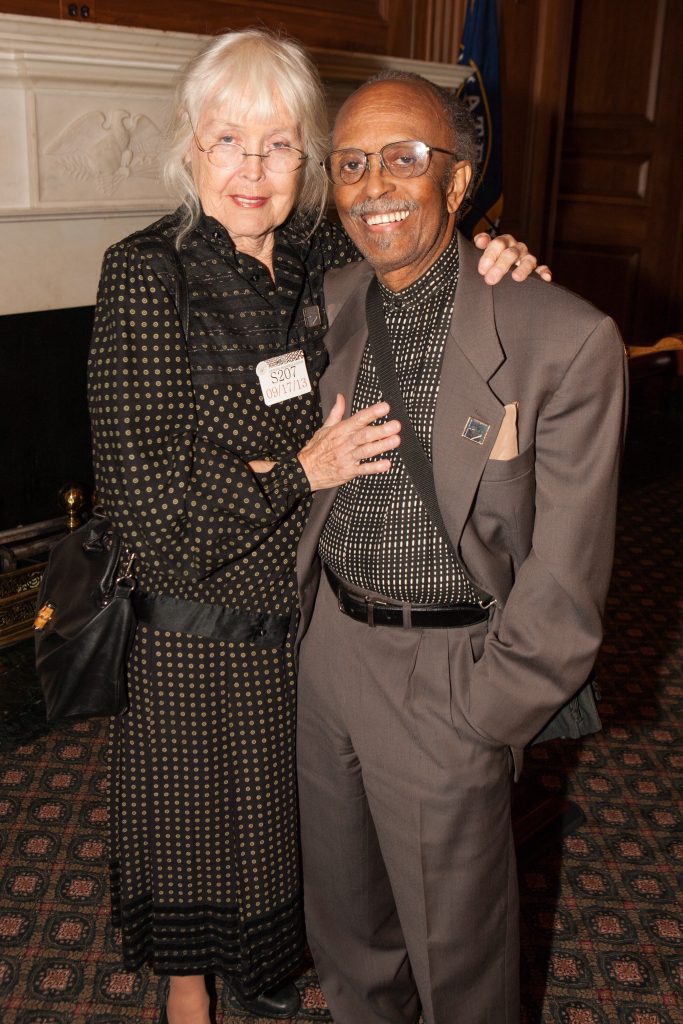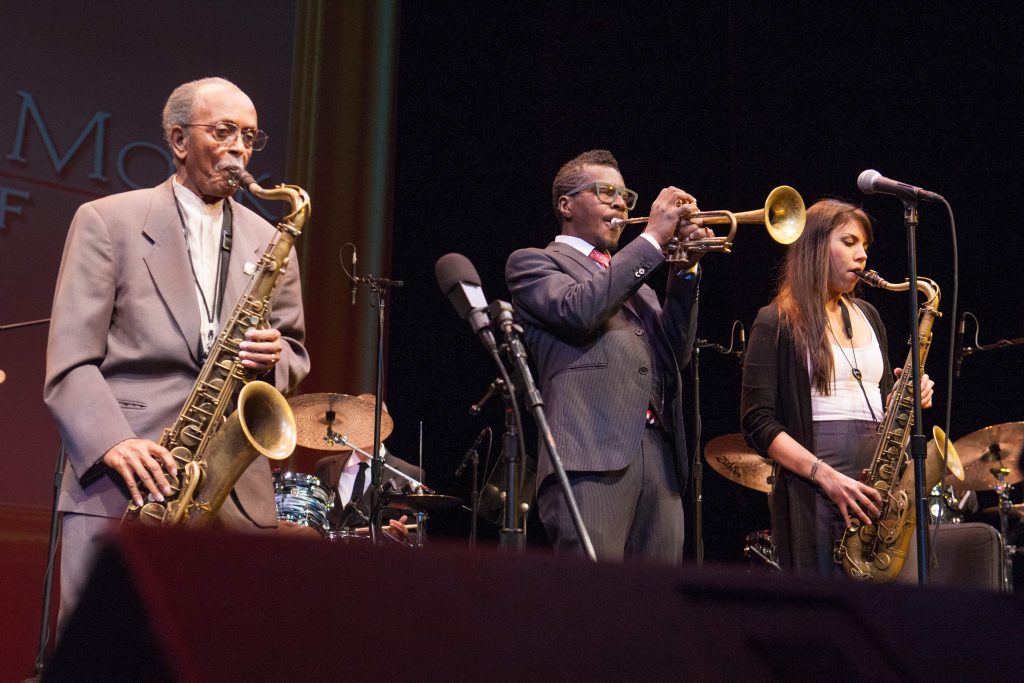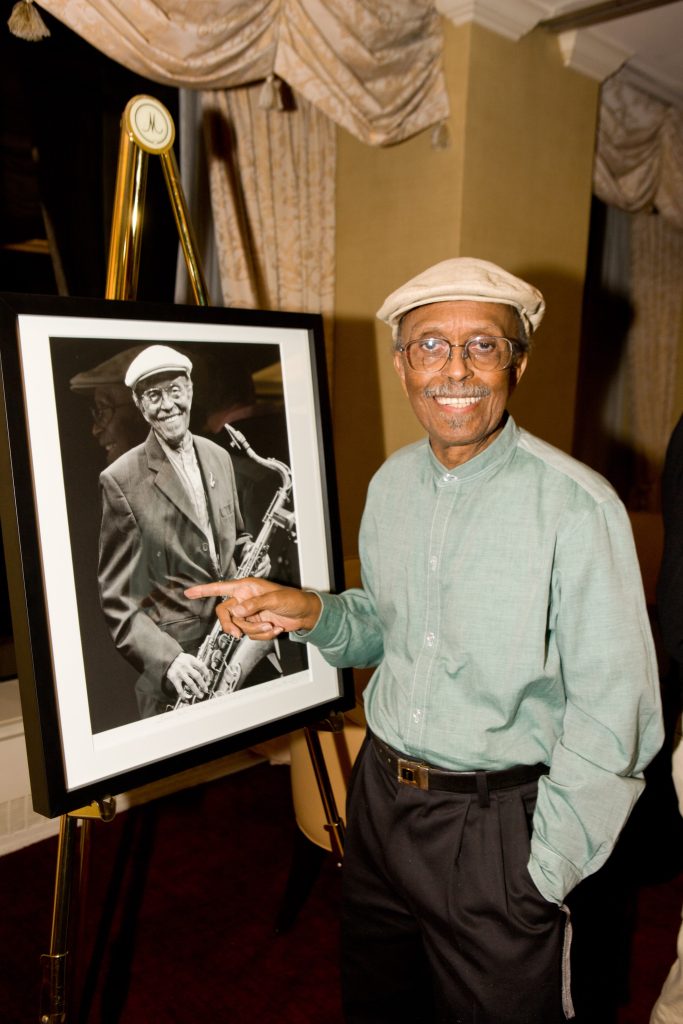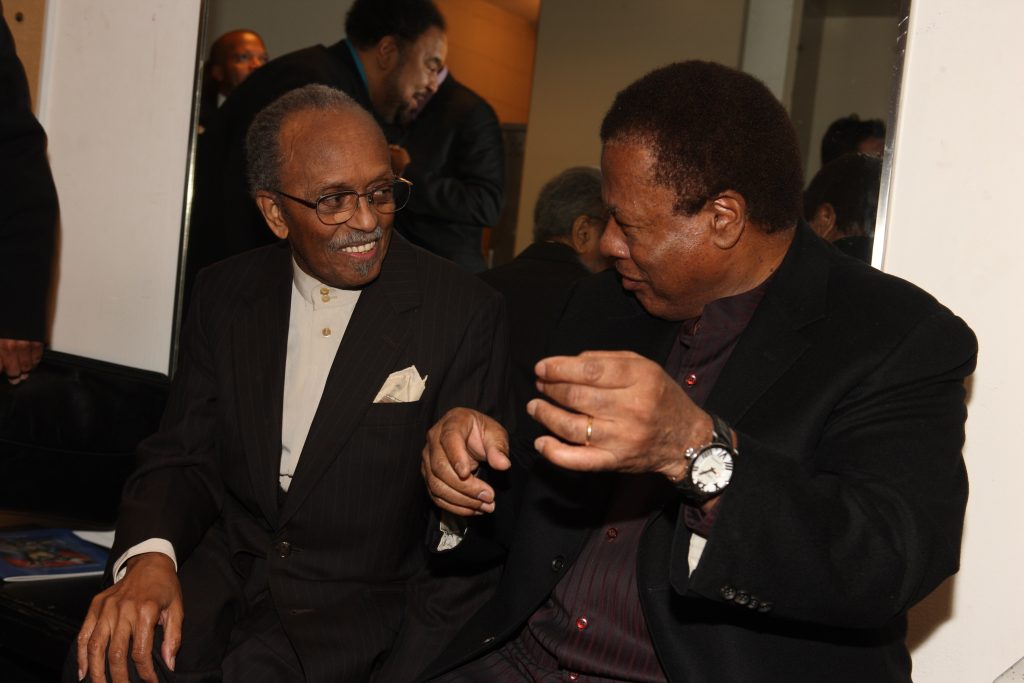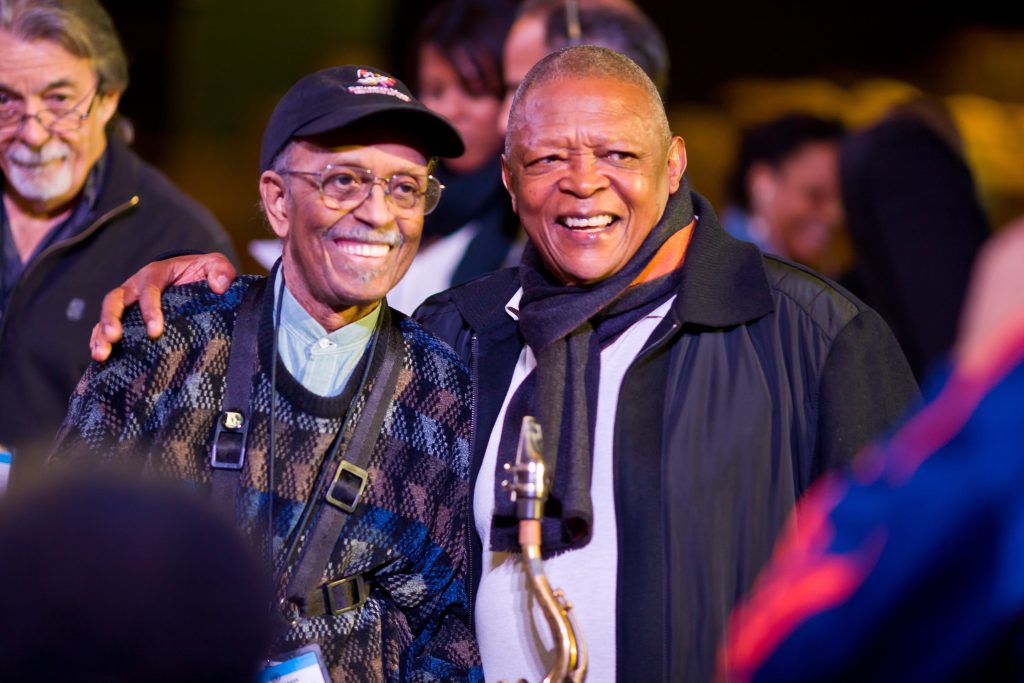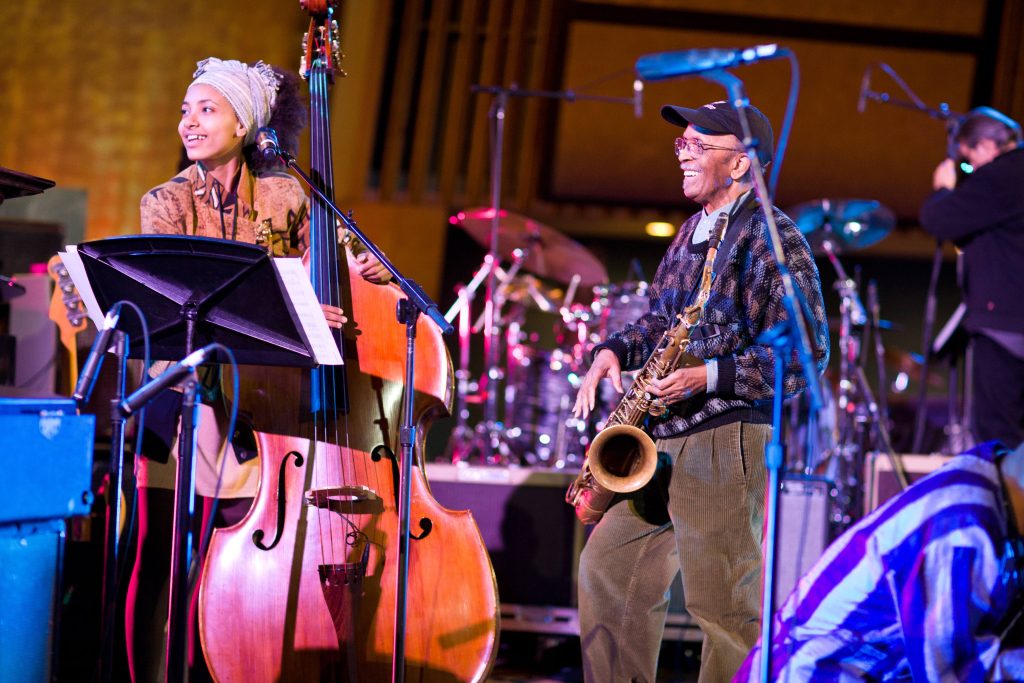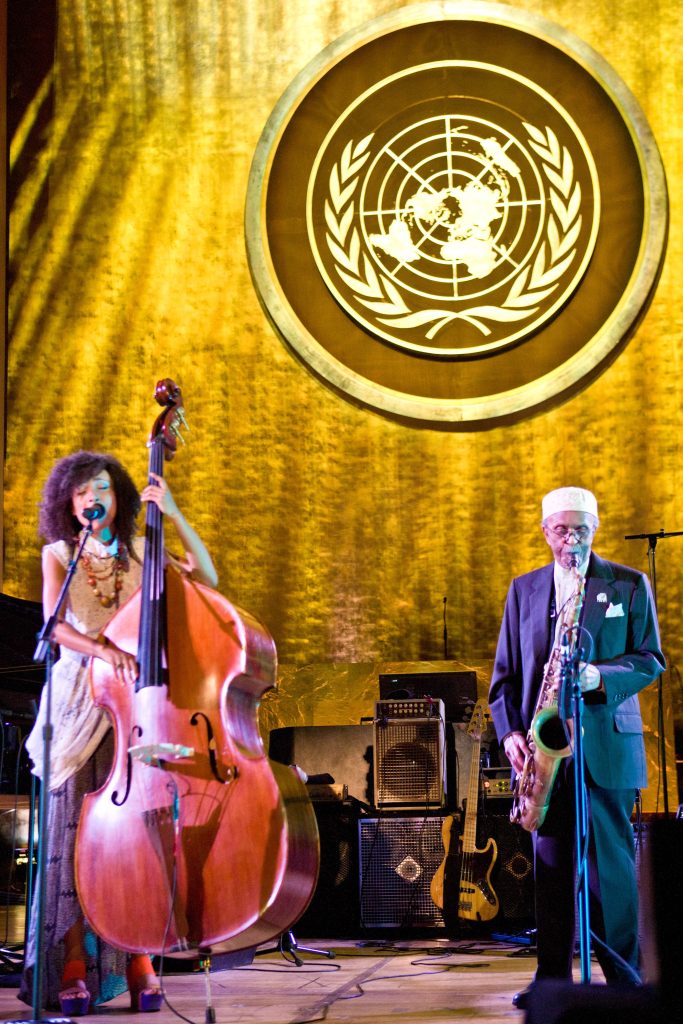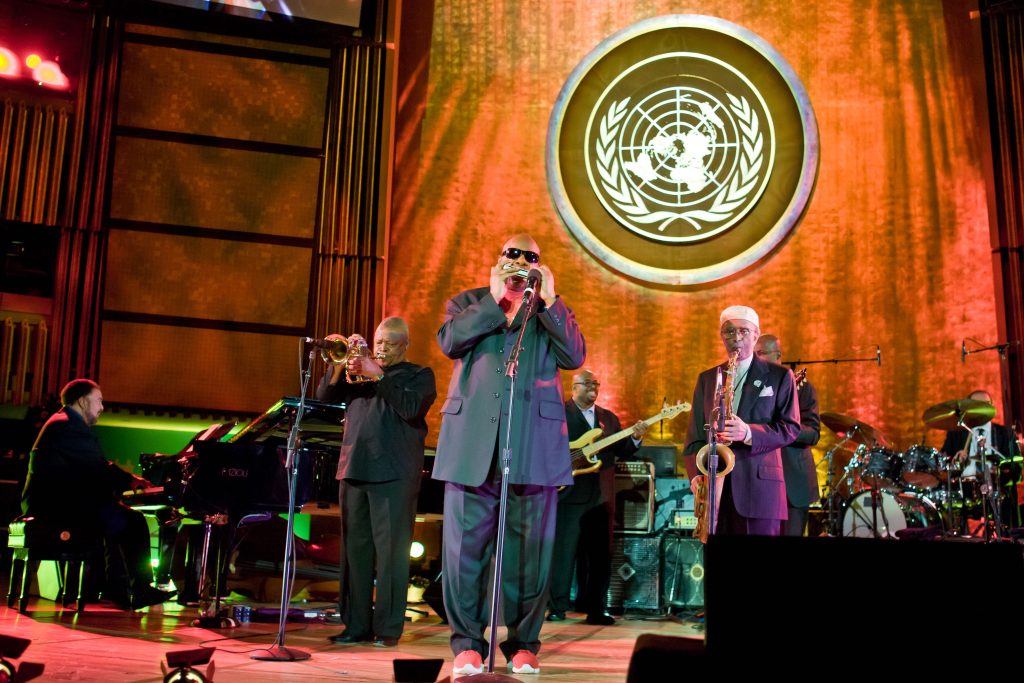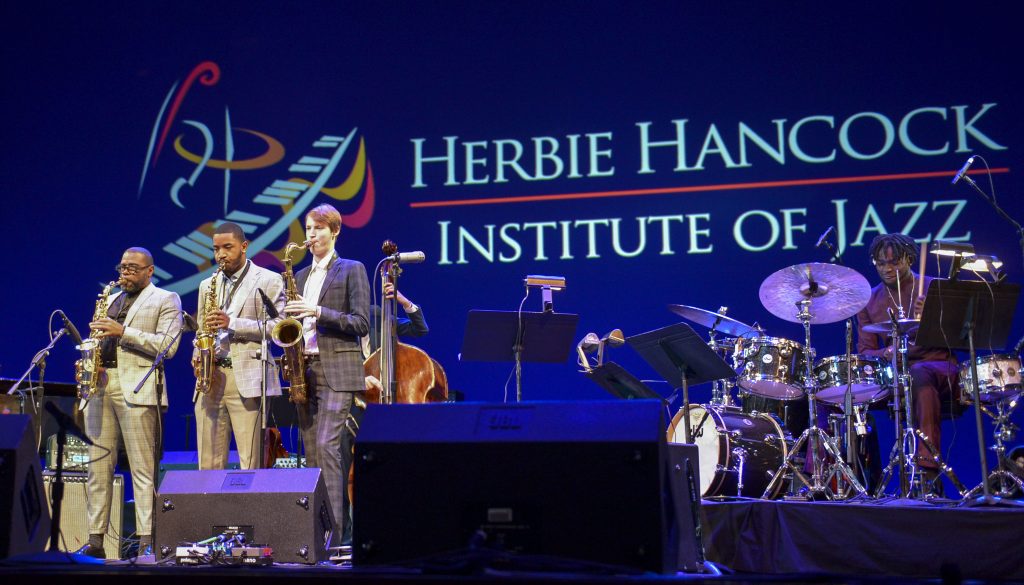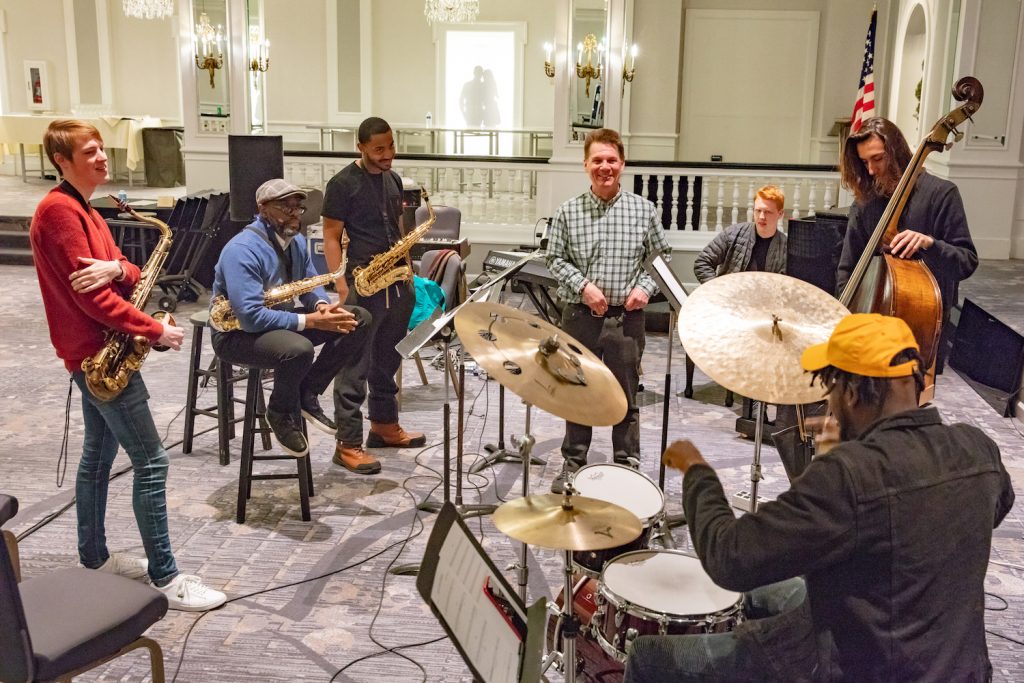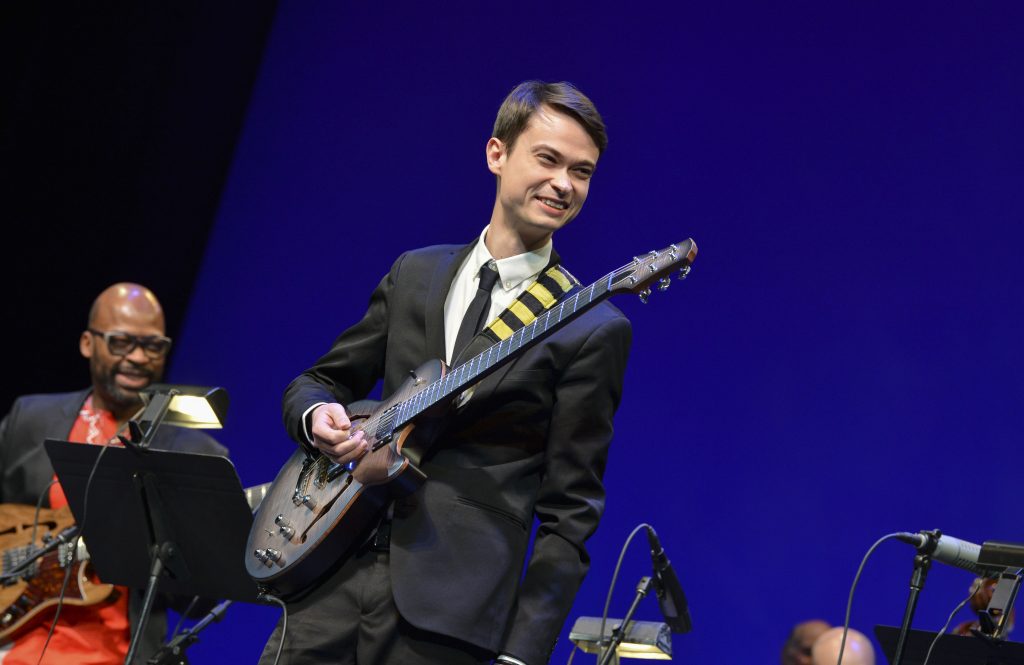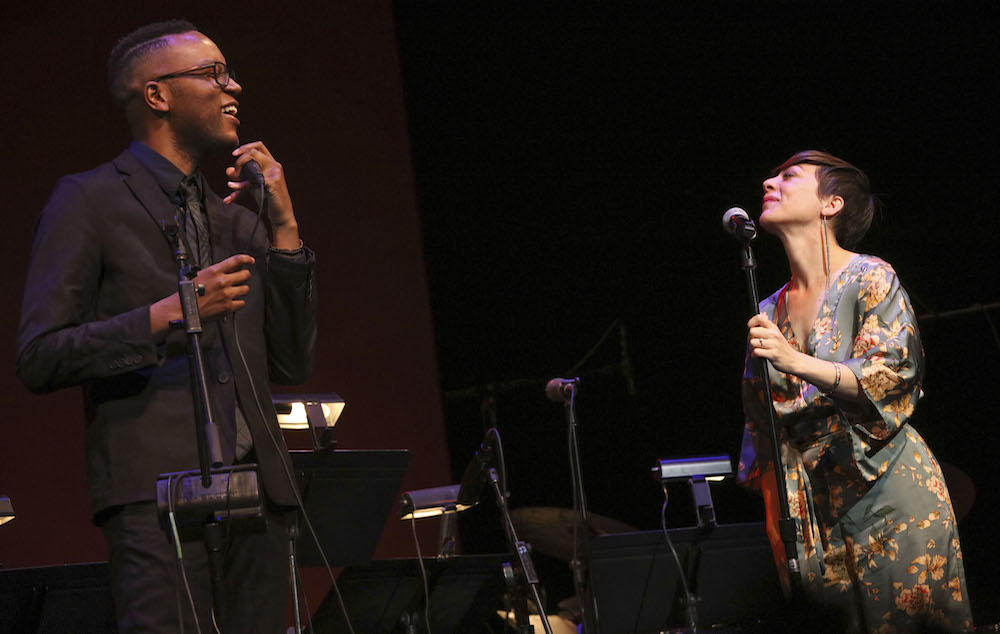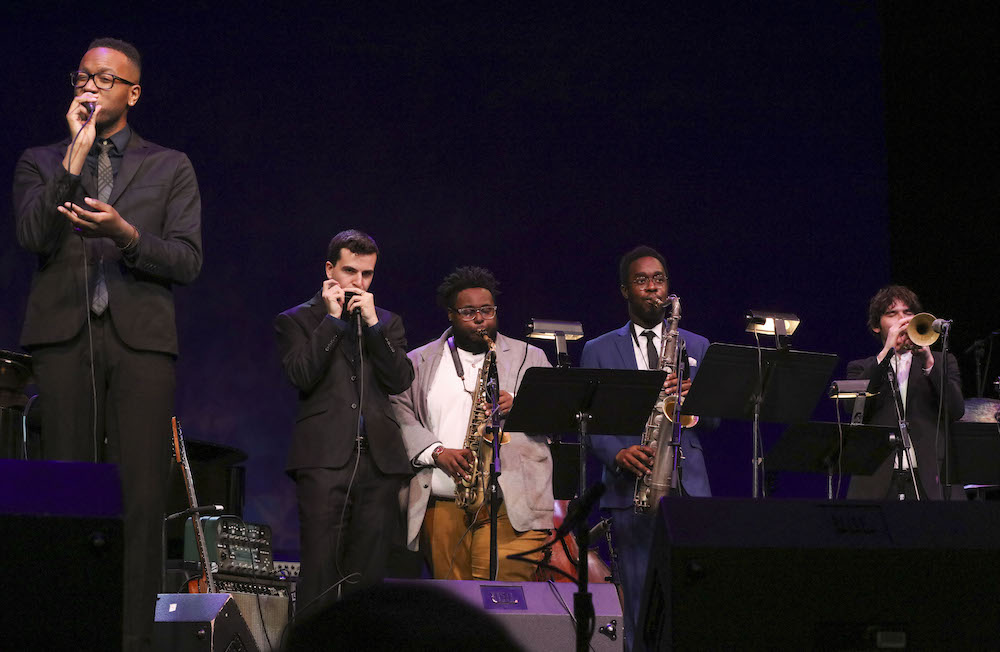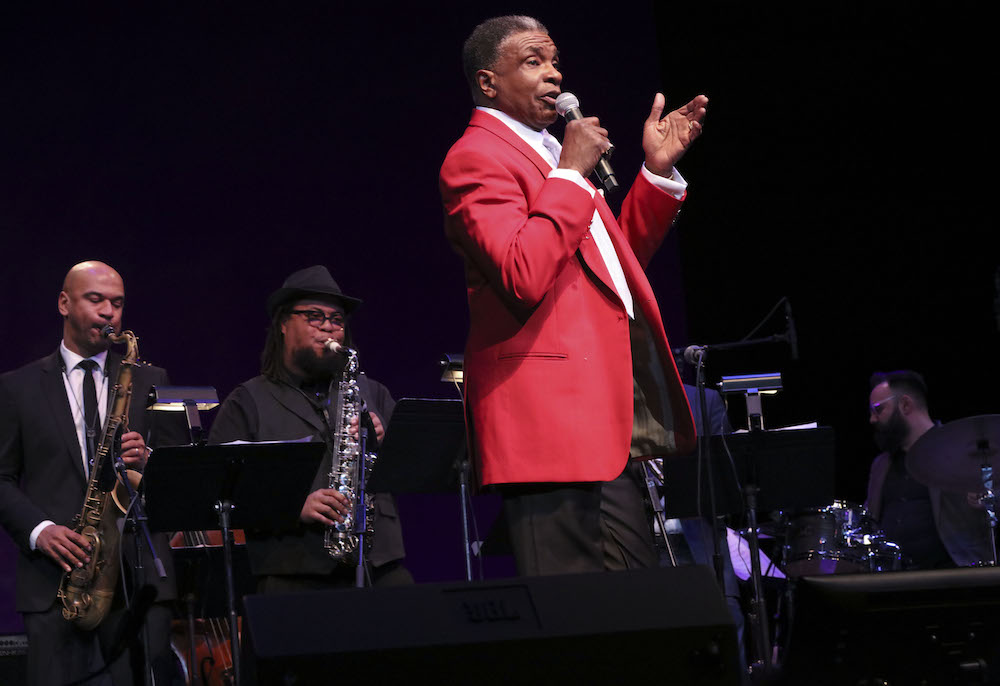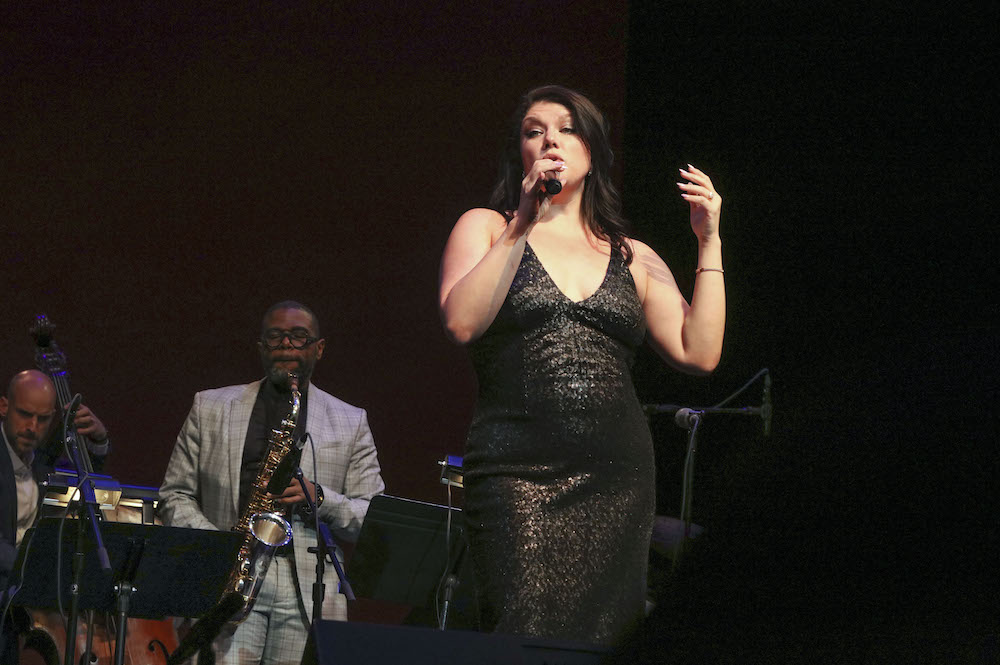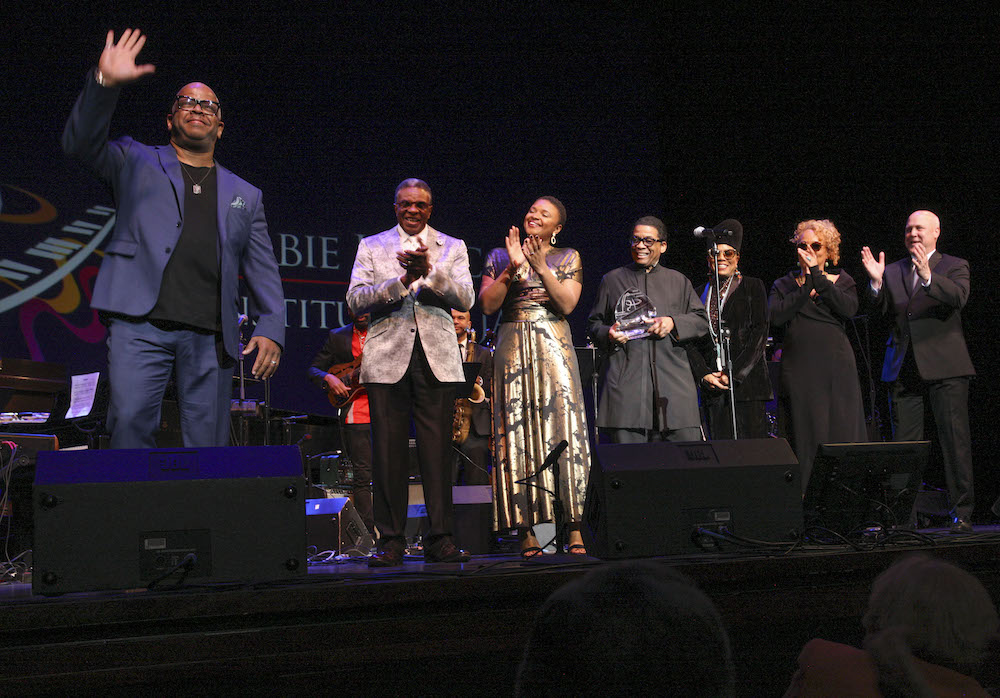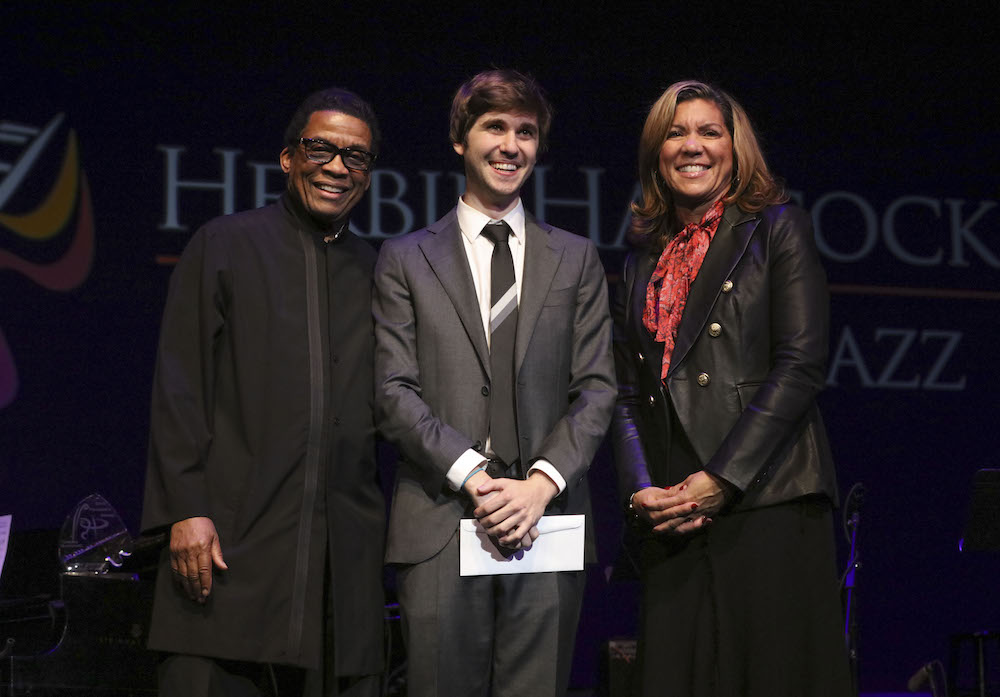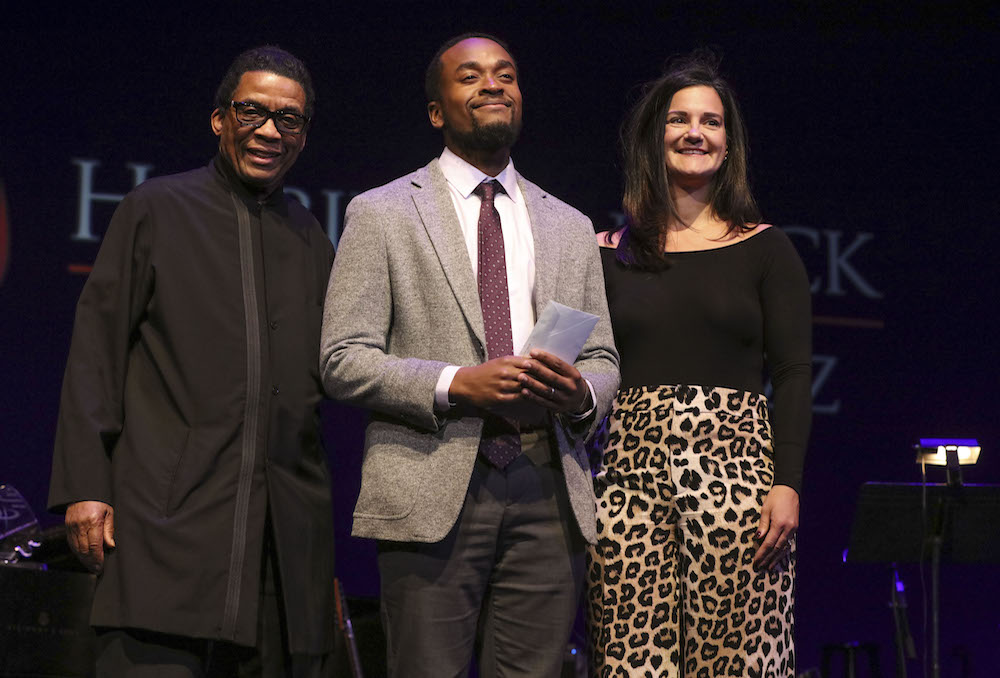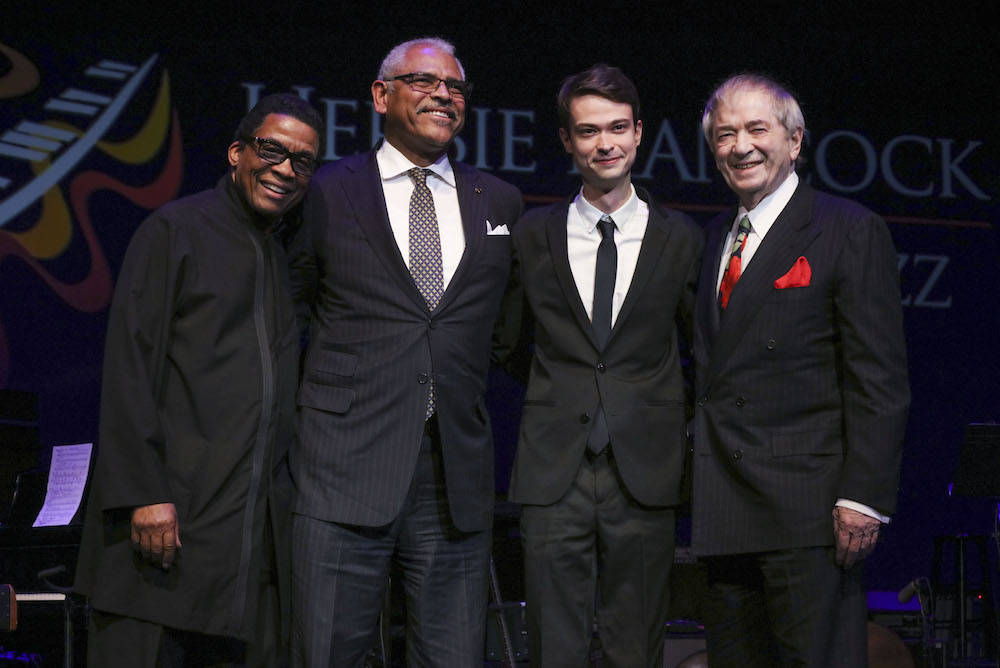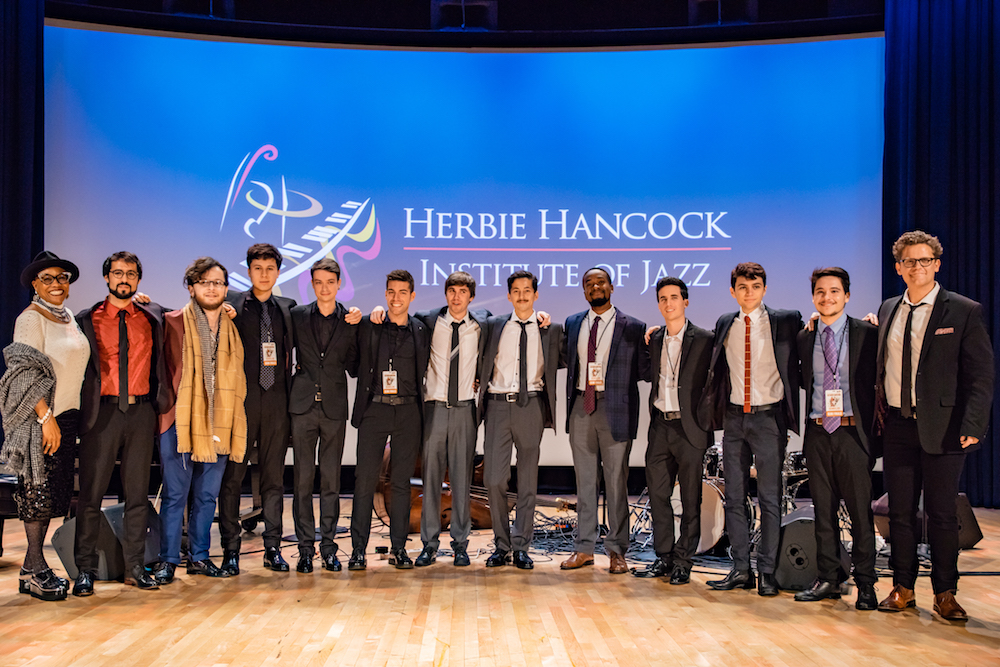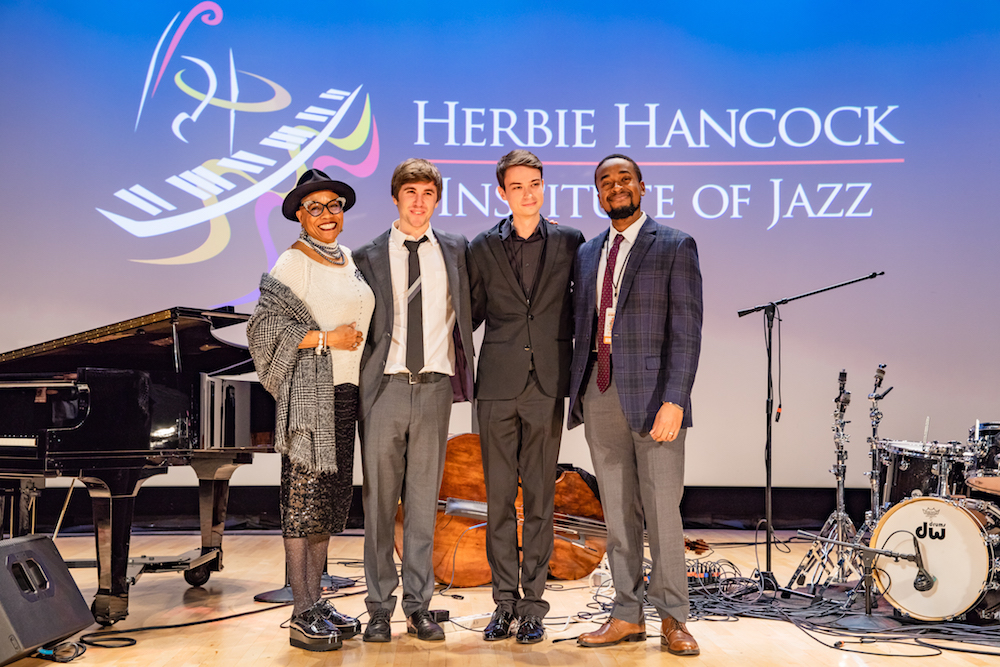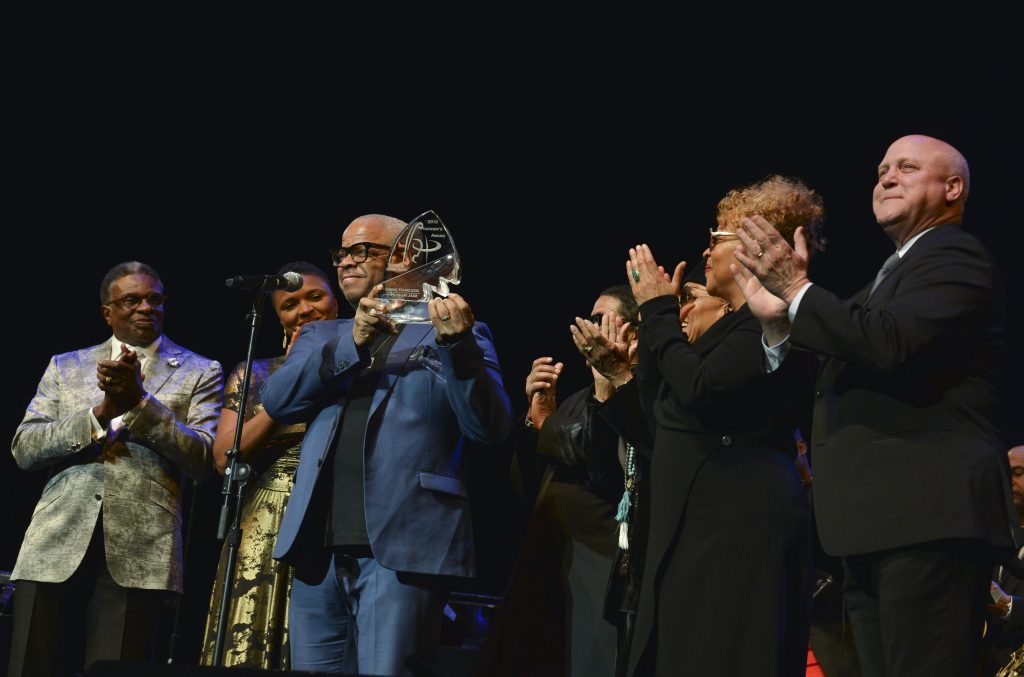by Dr. J.B. Dyas, Institute Vice President for Education and Curriculum Development
This article originally appeared in the March 2020 issue of JazzEd Magazine.
Jazz is being performed all over the world in every kind of venue imaginable – jazz clubs, concert halls, festivals, universities, high schools, coffee shops, shopping malls, hotel lobbies, restaurants, art museums, and more. But who would have thought that the U.S. Federal Trade Commission (FTC) would be among them? Turns out that besides loving the music for the aesthetic enjoyment it provides, the FTC powers-that-be realize the important lessons in leadership that can be procured from jazz. With a mission of protecting the consumer via the elimination and prevention of anticompetitive business practices, monopolies, and false advertising–along with over 1,000 employees from investigators to attorneys to specialists in information technology, public affairs, financial management, and public policy–the FTC recognizes that effective leadership is paramount.
The FTC’s chief learning officer, Mark Kern, contacted me as the Commission was organizing a three-day Leadership Academy for their highest level employees. Apparently, there’s some infighting in Washington, D.C. these days (Really? I hadn’t heard!), including at some of our federal agencies, and Kern thought, “Wouldn’t it be great if the FTC ran more like a jazz group?” They were interested in, “learning from the jazz space how to build better coalitions and partnerships on teams in their space.”
This all came to fruition at the FTC Headquarters in Washington, D.C., where the Herbie Hancock Institute National Peer-to-Peer Jazz Quartet–comprising four of the most impressive high school jazz musicians in the country–along with renowned jazz trumpet recording artist Sean Jones and I presented a workshop entitled, Leadership Through the Jazz Paradigm.
After performing a couple of tunes, we gave our “What is Jazz and Why It’s Important to America” presentation, demonstrating how jazz works and how jazz exemplifies our most deeply held American values: teamwork, unity, the correlation of hard work and goal accomplishment, democracy (individual freedom but with responsibility to the group), persistence and perseverance, respect for one another, tolerance, and the vital importance of really listening to one another. This was followed by our describing leadership in jazz and what might be gleaned from it to inform current and future leaders at the FTC and others outside the music realm.
Following is a synopsis of six exemplary leadership lessons found in jazz that we examined and demonstrated:
Jazz musicians…
1. Know how to overcome problematic working conditions. For example, if the stage is too small, the piano is out of tune, the acoustics are bad, the pay is way light, and/or whatever else, we still have a great set! If the hi-hat doesn’t work, or the drummer doesn’t show up, we still have a great set. And if a couple of players in the band don’t see eye to eye, we not only have a great set, we just might create some of the most beautiful music in history like jazz greats Miles Davis and John Coltrane did in their 1950s group. There you had two musicians who had such totally different philosophies on the “right” way to play jazz (Miles using space, Trane filling up every space, et cetera), and no one would ever accuse them of being best buddies. Yet, that group has gone down in history as one of the most exquisite pieces of art (irrespective of genre) of all time–right up there with da Vinci, Beethoven, Mozart, Picasso, Baryshnikov, Shakespeare, Tolstoy, Spielberg…And, from a business standpoint, the album, Kind of Blue, that Miles and Trane recorded in 1959, is not only a masterpiece, it’s the best-selling jazz record of all time.
2. Take turns leading. Even when there’s a designated leader in the group (which is most often the case), each member of the group will take turns leading, depending on the moment and the situation. For instance, at any given moment during a performance, the soloist might be in charge, or the drummer, or the rhythm section collectively, or whoever. Everyone in the group acknowledges this and goes along, enjoying the different leadership of the moment. For example, although piano luminary Dave Brubeck was certainly the designated leader of the iconic Dave Brubeck Quartet, leadership changed hands continuously among Dave, saxophonist Paul Desmond, and the rhythm section (bassist Eugene Wright and drummer Joe Morello) throughout every performance. Collective leadership can be heard on their extraordinary recordings as well. The superlative results are legendary.
3. Know that the whole is greater than the sum of the parts, and that the goal is more important than anything else. In the case of the jazz combo, the goal is to make great music. So, once on the stage, we ignore any personality conflicts, we check our egos at the door, we work together and enjoy the experience regardless of whatever–all in order to achieve our goal of making great music. No matter what, jazz musicians always “maintain civility in the workplace”–something that all those in government agencies, business, higher education, healthcare, and everywhere else should do.
An excellent example of two jazz icons whose personalities couldn’t have been more opposite, but who worked together successfully for years are, again, Dave Brubeck and Paul Desmond. Dave was a devout Catholic, faithful husband, and family man who took care of his health and didn’t indulge in drugs, booze, or cigarettes. Paul was a confirmed bachelor, infamous womanizer, avid drinker, drug user, and chain smoker (he died of lung cancer at age 52). Yet, this duo, too, is universally known for recording some of the most groundbreaking albums of all time, including the fifth best-selling jazz album in history, Time Out, featuring the chart-topping single, “Take Five.” Offstage, Dave and Paul may have butted heads and argued about everything under the sun, but once they hit the downbeat, they were of one mind, one purpose.
4. Recognize the contributions of others. Jazz musicians revere the masters of the past and so enjoy listening to those of the present. We’re always talking about how great someone else plays. We love to help and encourage up-and-coming players. And we’re quick to point out when someone in the band has done something cool and compliment them (“Loved the substitutions you played on the bridge… Man, you sound better and better every time I hear you… Love what you did at the end of ‘Cherokee’ – can you show me?”).
5. Really listen to each other. Jazz musicians can only function if they’re actively and intensely listening to one another. Wouldn’t it be great if Congress were made up of all jazz musicians!
6. Improvise. Often in government agencies, business, and everywhere else, things don’t always go according to plan. Here, improvisation is key – making something that went awry into something better than if it hadn’t gone awry! Piano legend Herbie Hancock tells the story of how once when he was playing with the Miles Davis Quintet in the 1960s, he spaced out for a second and, while Miles was soloing, he played not only the wrong chord, but the “worst chord possible.” Miles immediately changed his note and made it fit beautifully – better than if Herbie had played the “right” chord. This became somewhat of a common occurrence in that group and it, too, has gone down as one of the most successful and influential in history. Miles encouraged his “employees” to experiment, be creative, and lead him as much as he led them.
By the reports, the presentation was well-received by all in attendance. “The reaction to the jazz informance was extremely positive,” wrote Kern in an email regarding the evaluations submitted by the FTC Leadership Academy attendees that included such sentiments as, “Just incredible; I haven’t appreciated jazz until today and the related leadership points were truly illuminating” and “The leadership found in jazz is so very relevant [to our work at the FTC] and brought to the topic a new point of view.”
“The participants came away with a keen understanding of how jazz relates to leading in our agency in an enlightening and permanent way,” Kern continued. “Perhaps our best lesson was on individuals able to do their own thing while positively contributing to the overall good.”
This article originally appeared in the March 2020 issue of JazzEd Magazine. Click here to download the full article.

